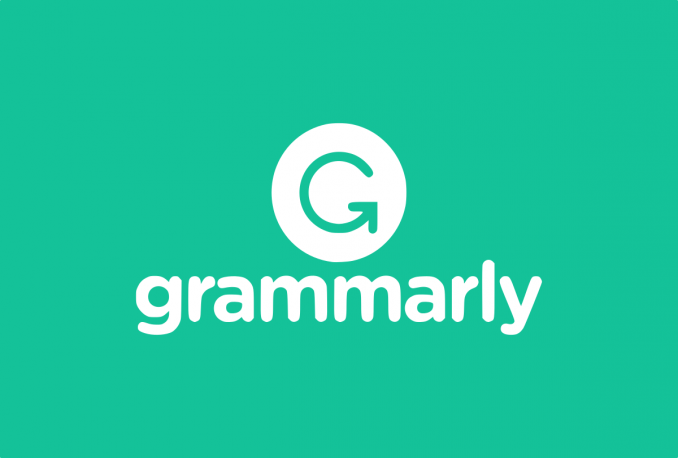The Influence of Job Insecurity and Career Development on Employee Loyalty at Informa PTC Palembang
DOI:
https://doi.org/10.30996/jem17.v10i1.131921Abstract
This study aims to analyze the influence of job insecurity and career development on employee loyalty at Informa PTC Palembang. The research employs a quantitative approach with a saturated sampling technique, where all 95 employees in the population were included as respondents. Data were collected through questionnaires and analyzed using statistical tests, including partial test (t-test), simultaneous test (F-test), and coefficient of determination (R²). The results indicate that job insecurity and career development significantly influence employee loyalty both partially and simultaneously. The coefficient of determination shows that 27.9% of the variation in employee loyalty is explained by these variables, while the remaining 72.1% is influenced by other factors outside the research model. The findings suggest that the company should focus on managing job insecurity and strengthening career development programs to enhance employee loyalty Keywords : Job Insecurity, Career Development, Employee LoyaltyDownloads
Download data is not yet available.
Downloads
Published
2025-05-31
Issue
Section
Articles
License
Authors whose manuscript is published will approve the following provisions:
- The right to publication of all journal material published on the JEM17: Jurnal Ekonomi Manajemen website is held by the editorial board with the author's knowledge (moral rights remain the property of the author).
- The formal legal provisions for access to digital articles of this electronic journal are subject to the terms of the Creative Commons Attribution-ShareAlike (CC BY-SA) license, which means JEM17: Jurnal Ekonomi Manajemen reserves the right to store, modify the format, administer in the database, maintain and publish articles without requesting permission from the Author as long as it keeps the Author's name as the owner of Copyright.
- Printed and electronically published manuscripts are open access for educational, research, and library purposes. In addition to these objectives, the editorial board shall not be liable for violations of copyright law.

















